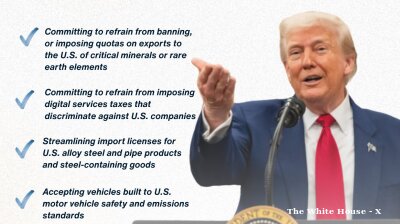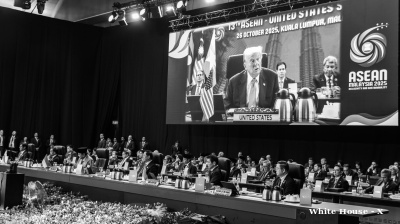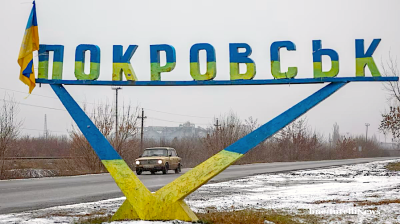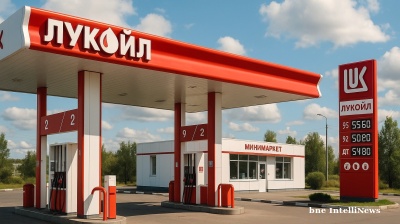Russia's President Vladimir Putin has signed a "July Decree" that outlines Russia's national development goals up to 2030 following the referendum approval of the constitutional amendments that could allow him to remain in office until 2036.
As reported by bne IntelliNews, the Kremlin has just secured Putin's possible re-election for two six-year terms in 2024, but he risks running up to his re-election without having fulfilled the previous economic platform due to the coronavirus (COVID-19) crisis.
The deadlines for National Projects spending spree, prepared shortly after Putin's re-election in 2018 and a reworking of his previous economic platform of the May Decrees, are now being pushed from 2024 to 2030.
The newly signed July Decree is replacing the previous platform, but while the National Project was a clear roadmap of state-driven investment across 12 major areas, the new national development goals are much more vague.
They outline five development goals: 1) maintaining the population, its health and wellbeing; 2) creating possibilities for self-fulfilment and development of talents; 3) comfortable and safe living environment; 4) effective labour and successful entrepreneurship; 5) digital transformation.
One of the previous goals, to make Russia one of the five largest global economies, has been removed. The new decree also omits clear targets on labour productivity but maintains the goal of halving poverty levels from the current 12.3%.
The government will now have to adjust the National Projects platform to the new decree by October 30 and come up with a consolidated 2030 economic development plan.
Analysts surveyed by RBC business daily note that previously National Projects were set to be completed by 2024, but two years into the investment programme in 2020, even before COVID-19, the implementation of the projects was strongly lagging behind.
The Kremlin is thus seen as being helped by the pandemic, with a timely excuse for rolling the National Platform back and proposing a new, less ambitious economic development plan.
As reported by bne IntelliNews, the National Recovery Plan adopted by the government against the COVID-19 crisis (partially overlapping with National Projects) sees spending of RUB8.7 trillion ($123bn) in two years. The federal government could run a budget of over 5% this year, and a recession of 4.5-6.5% is expected.
Previous reports suggested that Mishustin's government and swift implementation of the National Projects was Kremlin's bet on sparking an upturn in the economy and boosting living standards in time for the authorities to claim credit at the upcoming State Duma and regional elections.
The upset of these plans coincides with a notable upsurge in arrests and repressions that are seen as politically motivated, with some of the largest protests in recent years already erupting in Russian regions.
News

US Treasury Secretary Bessent blasts “Russian propagandist” special envoy Dmitriev in Washington PR debacle
A trip to Washington by the Kremlin’s special business envoy Kirill Dmitriev days after the US imposed new oil sanctions turned into a debacle after US Treasury Secretary Scott Bessent blasted him as a “Russian propagandist.”

Trump pledges enduring support for Southeast Asia as new trade deals signed
During his visit to Southeast Asia, US President Donald Trump declared that Washington would remain a steadfast ally to the region, as he signed a series of trade agreements with four ASEAN member states.

US grants 0% tariffs to Malaysia alongside Cambodia and Thailand
US President Donald Trump has approved a 0% tariff scheme for selected goods from Malaysia, Cambodia, and Thailand, a move formalised during the ASEAN Summit in Kuala Lumpur.

Russia test fires its Burevestnik nuclear-powered cruise missile
Russia’s Burevestnik nuclear-powered cruise missile has no analogues in the world, Russian President Vladimir Putin said, as the Kremlin escalates the unfolding missile arms race with Ukraine another notch.



